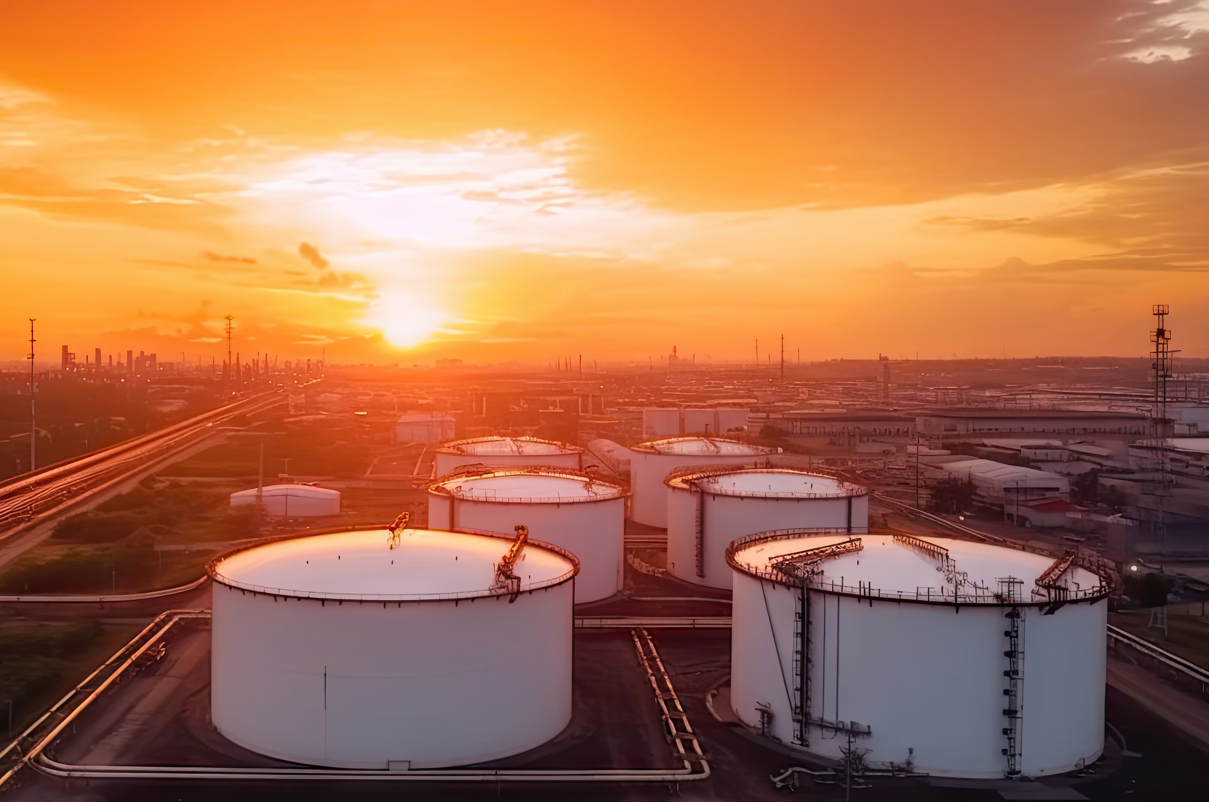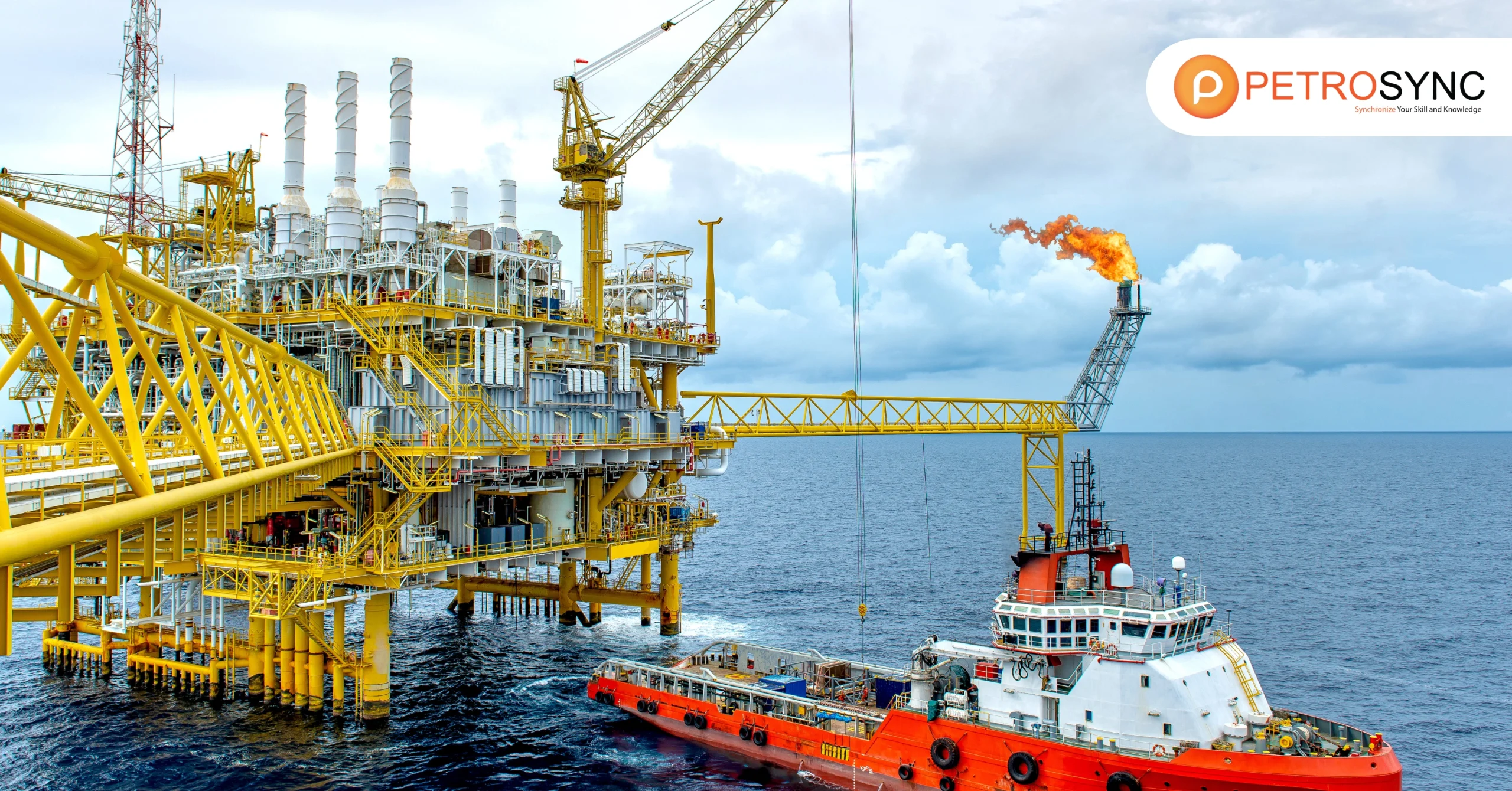Petroleum industry training course is an emerging trend in the oil and gas industry, offering specialized courses designed to equip petroleum engineers with essential skills and knowledge for success in this dynamic field. Read on to know more about the significance of these training courses for engineers and why they are essential for anyone aspiring to excel in petroleum engineering.
What Is Petroleum Industry Training?
Petroleum industry training is a program designed to teach people about the various aspects of the oil and gas industry. It covers everything from exploration and drilling to refining and distribution. The training helps individuals understand how petroleum is extracted from the earth, processed into useful products like gasoline and diesel, and transported to consumers.
During petroleum industry training, you will learn about the different types of equipment used in drilling and refining operations, safety protocols to prevent accidents, and environmental regulations that must be followed. You will also gain knowledge about the global market for petroleum products and how economic factors impact the industry.
Overall, petroleum industry training is important for anyone who works in or wants to work in the oil and gas sector. It provides the necessary skills and knowledge to contribute effectively to this vital industry.
Who Should Join Petroleum Industry Training?
Petroleum industry training is beneficial for individuals who are interested in pursuing a career in the oil and gas sector. It’s particularly useful for those who want to work in roles related to exploration, drilling, refining, and distribution of petroleum products.
Here are some relevant job titles:
- Petroleum Engineers
- Reservoir Engineers
- Drilling Engineers
- Geologists, Geoscientist, and Geochemist
- Petrochemist
- Refinery Operators
- Pipeline Engineers
- Environmental Health and Safety (EHS) Specialists
- Chemical Engineers
- Logistics and Supply Chain Managers
- Maintenance Engineers
- Quality Control Inspectors
These professionals, along with many others involved in the petroleum industry, can benefit from joining petroleum industry training to gain the necessary knowledge and skills for their respective roles.
What Is The Best Petroleum Industry Training?
When considering petroleum industry training, PetroSync stands out for several reasons. Firstly, it consistently receives high satisfaction rates, often achieving 9 out of 10 ratings from participants. This indicates the quality and effectiveness of the training provided.
One key factor contributing to PetroSync’s quality is our careful selection of instructors. Each instructor has a minimum of 15 years of experience in the industry, possessing extensive practical and theoretical knowledge. Additionally, instructors must hold relevant certifications, ensuring they are well-equipped to deliver comprehensive training.
PetroSync also maintains updated course outlines to align with industry demands. This ensures that participants receive relevant and up-to-date information, preparing them for the challenges and developments in the petroleum sector.
Moreover, PetroSync prides itself on providing excellent service, including after sales support. This commitment to customer satisfaction enhances the overall training experience and ensures that participants receive ongoing assistance when needed.
While there are various petroleum industry training options available, PetroSync’s commitment to quality instructors, updated course content, and excellent service make it a top choice for individuals seeking comprehensive and effective training in the petroleum industry.
What Are The Ranges of Petroleum Industry Training Topic Available at PetroSync?
1. Applied Drilling Well Engineering
| Registration Fee | USD 3550 |
| Duration | 5 Days |
| Available Date |
|
2. Advanced Well Log Analysis Interpretation
| Registration Fee | USD 3295 |
| Duration | 5 Days |
| Available Date |
|
3. Well Completion Workover
| Registration Fee | USD 4250 |
| Duration | 5 Days |
| Available Date |
|
4. Well Integrity Cased Hole Logging
|
Well Integrity Cased Hole Logging |
|
| Registration Fee | USD 3295 |
| Duration | 5 Days |
| Available Date |
|
5. Advanced HPHT Well Engineering
| Registration Fee | USD 3550 |
| Duration | 5 Days |
| Available Date |
|
6. Water Flooding Management
| Registration Fee | USD 4195 |
| Duration | 5 Days |
| Available Date |
|
7. Artificial Lift Method
| Registration Fee | USD 4195 |
| Duration | 5 Days |
| Available Date |
|
8. Stuck Pipe Prevention Fishing Operation
| Registration Fee | USD 2850 |
| Duration | 3 Days |
| Available Date |
|
9. Coiled Tubing
| Registration Fee | USD 2995 |
| Duration | 5 Days |
| Available Date | Request for In-House |
10. Oil Process Facilities
| Registration Fee | USD 4195 |
| Duration | 5 Days |
| Available Date | Request for In-House |
11. Upstream Petroleum Economics, Risk, And Fiscal Analysis
| Registration Fee | USD 5250 |
| Duration | 3 Days |
| Available Date |
|
FAQs of Petroleum Industry Training Courses
1. What are the courses in petroleum engineering?
In petroleum engineering, courses cover various aspects of the oil and gas industry. Some common topics include:
1. Applied Drilling Well Engineering
This course covers practical aspects of drilling operations, including planning, execution, and optimization of drilling processes.
2. Advanced Well Log Analysis Interpretation
Participants learn how to interpret well logs to assess reservoir properties and make informed decisions about oil and gas production.
3. Well Completion Workover
This training focuses on techniques for completing and maintaining oil and gas wells to ensure optimal production.
4. Well Integrity Cased Hole Logging
Participants learn about cased hole logging methods to evaluate the condition and integrity of well casings and formations.
5. Advanced HPHT Well Engineering
This course delves into the engineering principles and challenges associated with High Pressure High Temperature (HPHT) well operations.
6. Water Flooding Management
Participants learn about water flooding techniques used to enhance oil recovery from reservoirs.
7. Artificial Lift Method
This training covers various artificial lift methods employed to increase the flow of oil from wells.
8. Stuck Pipe Prevention
Participants learn strategies to prevent and address issues related to stuck pipe incidents during drilling operations.
9. Coiled Tubing
This course provides insights into the use of coiled tubing technology for well intervention and completion activities.
10. Oil Process Facilities
Participants gain an understanding of the design, operation, and maintenance of facilities for processing crude oil.
11. Upstream Petroleum Economics, Risk, and Fiscal Analysis
This training explores the economic and financial aspects of upstream petroleum projects, including risk assessment and fiscal analysis.
12. Wellbore Treatment
Participants learn about various treatments and interventions performed in oil and gas wellbores to enhance production or address issues.
These courses provide a comprehensive understanding of petroleum engineering principles and prepare individuals for various roles within the industry.
2. What Engineering Is Petroleum?
Petroleum engineering is a specialized field of engineering that focuses on the exploration, extraction, and production of oil and natural gas resources from the Earth’s subsurface. In simple terms, it involves finding, drilling, and managing wells to extract oil and gas efficiently and safely.
3. Which course is best for oil and gas?
Determining the best course for oil and gas depends on your specific interests and career goals. However, courses such as “Advanced Well Log Analysis Interpretation” and “Upstream Petroleum Economics, Risk, and Fiscal Analysis” are highly valuable as they provide essential knowledge and skills relevant to various aspects of the oil and gas industry, including reservoir evaluation and project economics.
4. Why study petroleum?
Studying petroleum offers several benefits. Firstly, it opens up opportunities for a rewarding career in the oil and gas industry, which is vital for global energy needs. Secondly, it provides specialized knowledge and skills that are in demand, leading to potentially lucrative job opportunities. Additionally, studying petroleum allows you to contribute to advancements in energy technology and sustainability, addressing important challenges facing the world today.
5. Is petroleum engineering a good course?
Yes, petroleum engineering is generally considered a good course for those interested in the oil and gas industry. It offers valuable skills and knowledge that are in demand globally, leading to promising career opportunities.
Additionally, the field of petroleum engineering plays a crucial role in meeting the world’s energy needs, making it a significant and impactful area of study. However, it’s essential to consider your own interests and career goals before pursuing this course.
In conclusion, petroleum industry training courses offer invaluable opportunities for engineers in the field. These trainings provide essential knowledge and skills necessary for success in the oil and gas industry, including drilling techniques, reservoir management, and economic analysis. By participating in these courses, engineers can stay updated with the latest industry practices, technologies, and regulations, enhancing their professional competence and marketability.
Moreover, petroleum training industry courses by PetroSync equips engineers to tackle challenges effectively and contribute to the sustainable development of energy resources. Therefore, taking petroleum industry training should be the essential step for engineers aspiring to excel in the dynamic and crucial field of petroleum engineering.
Credit header image: Vecteezy

SEO specialist by day, fact-checker by night. An avid reader and content writer dedicated to delivering accurate and engaging articles through research and credible sources.






